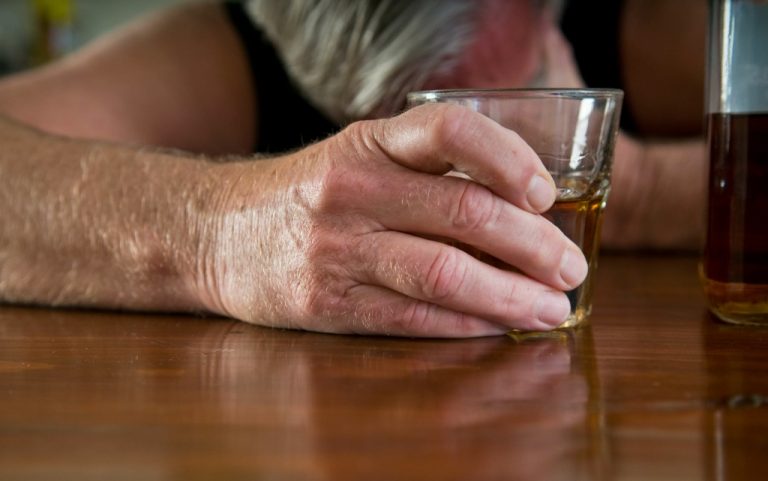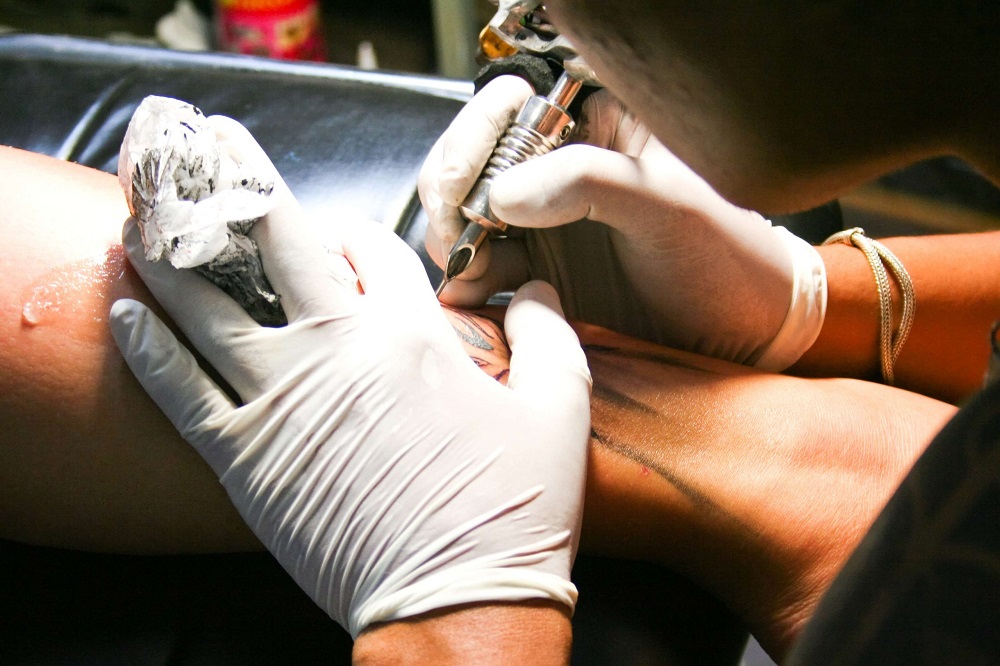Contents
- Myth #1: Alcohol Destroys the COVID-19 Virus
- Addiction Resources for Veterans
- You guys care, you really do. This isn’t just a machine.
- Drinking alcohol does not prevent or treat coronavirus infection and may impair immune function
- Alcohol and the Coronavirus: Does Drinking Put You at Risk for COVID-19?
Studies have shown that short term stress can actually boost the immune system, but chronic stress, which is what we are all facing now has a really significant effect on the immune system that can ultimately manifest an illness. It raises, um, I’m not even going to say what these are chemicals that can actually suppress our immune system just as we’re thinking about how to take care of ourselves. Uh, we felt like this was a really important topic to talk about.
COVID-19 has created an unprecedented level of fear and discomfort among the general public. These unsettling feelings can push someone towards drinking. Even though financial problems indicate that someone probably shouldn’t spend money on alcohol, the stress caused by financial difficulty can cause someone to turn toward alcohol. This can create a downward spiral of increasing financial problems, compounding stress, and increased alcohol consumption.
Demographic characteristics of a national sample of adults with resolved alcohol use disorder, n (%) or mean . The potential impact of the COVID-19 pandemic on recovery from alcohol use disorder has received scant attention to date. In response, we investigated the stability of recovery and identified correlates of relapse, with particular interest in differences between women and men.

And I’ve, you said something about Alaska earlier and we worked in really remote areas, um, and did teleconferencing and telemedicine before it was popular. One of the things that we had in a very limited sort of way up there, but we would do, you know, at that point, we didn’t even have Skype up there, but we were doing phone. Conferencing calls for AA meetings for people out in the villages that you know, couldn’t get in because you could only fly in and out. This is the best health podcast brought to you by wake forest Baptist health in partnership with MedCost. Welcome everyone to the latest episode of the best health podcast. And so this podcast episode is an extension of, of this series that we’re doing.
Myth #1: Alcohol Destroys the COVID-19 Virus
Drinking alcohol provides no nutritious values and can retard the recovery process. If health permits, one can start participating in household work and regular chores. Professional work or any other activity that demands physical exertion should resume in a graded manner. Is the online library of the Organisation for Economic Cooperation and Development featuring its books, papers, podcasts and statistics and is the knowledge base of OECD’s analysis and data. Wake Forest Baptist Health does not discriminate on the basis of race, color, religion, national origin, age, sex, sexual orientation, gender identity, gender expression, disability or source of payment.
Sterling R., Slusher C., Weinstein S. Measuring recovery capital and determining its relationship to outcome in an alcohol dependent sample. Ilgen M.A., Price A.M., Burnett-Zeigler I., Perron B., Islam K., Bohnert A.S., Zivin K. Longitudinal predictors of addictions treatment utilization in treatment-naïve adults with alcohol use disorders. Drinking alcohol with COVID likely slows down your recovery.

Make use of phone calls, video chat, or other communication methods to ensure that you’re able to get the support that you need. You may want to consider spending more time texting or calling friends than you normally would so that you don’t feel lonely or isolated. One of the first things to remember is that people who struggle with alcoholism may be more at risk for contracting COVID-19.
“These findings support the notion of the strong beneficial properties of red wine against the COVID-19 risk,” according to them. The results revealed that the high consumption of red wine, white wine, champagne and low intake of fortified wine had protective effects against national institute on alcohol abuse and alcoholism niaaa COVID-19. The frequency of alcohol consumption was divided into low frequency (The amount of alcohol consumption was quantified as the average weekly number of units of alcohol consumption. Spirit drinkers also had a higher risk of COVID-19 the more they consumed.
Addiction Resources for Veterans
Remember, if you’re concerned about your alcohol consumption or that of your loved ones, don’t hesitate to reach out to a professional. If you’re worried about your alcohol consumption, or the alcohol consumption of your loved ones, it’s important to be vocal. Avoid being judgmental but make sure to rely on facts to help ensure that everyone is aware of the risks and dangers of alcohol consumption. People who already struggle with alcoholism may face additional challenges during COVID-19. However, the situation also presents some opportunities for improvement.

Antidepressants may play a role in depressed patients who abuse alcohol. Hallucinogens have been tried with some success but anecdotally. Suboxone is probably useful and may be the most effective way to get a person with an addiction to narcotics back into society. When possible, I would always recommend abstinence, but that may not be possible for all patients addicted to opiates. Likewise, for cocaine, medical therapy may prove to be the best solution.
Eliminating boredom is one of the best ways to minimize your alcohol use. There are plenty of fun activities that you can engage in at home. Try doing a new workout, engaging in some new hobbies like playing music, or playing board games with your family or housemates. Remember that we are living in a time of change and uncertainty. Not everyone is sure where their financial future lies.
You guys care, you really do. This isn’t just a machine.
While alcohol may seem to reduce stress in the short-term, long-term alcohol use actually aggravates stress. When people become addicted to alcohol, they may develop withdrawal symptoms of anxiety which can worsen stressful experiences. Many people have found that their established daily routines are becoming blurred because of COVID-19. As non-essential work places close and many people find themselves working from home, it can be difficult to maintain or manage simple routines.
” Since there is little research on Covid thus far, it can be hard to determine whether you can drink alcohol with Covid or not. But the limited research shows that if you think you can drink with Covid, you are in for a worse bout against Covid. Some people have bought into several ideas about alcohol and covid. Some people think drinking alcohol destroys the virus that spreads Covid. The truth is that drinking alcohol doesn’t destroy the virus.
- In late January, federal mortality data showed fatal opioid-linked overdoses may have finally started to level off, Robert Anderson with the National Center for Health Statistics said at the time.
- Among these changes include, for many people, an increased likelihood for consuming substances like alcohol.
- As more and more bars and restaurants continue to reopen across the country, one of the peripheral conversations has been centered around the relationship between drinking and COVID-19.
Alcoholism tends to lower a person’s immunity and overall health. This puts them at a greater risk of contracting COVID-19. If you work from home, make sure that you follow similar rules that you would employ during regular office hours – in other words, don’t make excuses to alcohol can trigger headaches and migraines drink just because you’re at home. Even after taking a break you should return to the office fully capable of working, which means that you should avoid having a drink. This section details some of the best ways to prevent yourself from drinking too much during COVID-19.
And this is something I do want Laura to jump in on after me, um, because she may have additional resources that I haven’t even gotten, but yeah. This is a really big thing because no physical meetings aren’t happening over most of the country right now. And those support systems, whether it’s AA or in a Alanon for families, Coda for co-dependence on or any of the other sorts of twelves hit meetings that happen that are support systems people. Um, the really wonderful thing, and I’ll probably say this several times, but thank God for the internet. Um, people can go on to their browser and Google AA or in a, there’s a lot of electronic meetings available. “Risky drinkers” make up 30% of alcohol drinkers in the United States.
Drinking alcohol does not prevent or treat coronavirus infection and may impair immune function
This is especially true for people who are suspected to have the virus itself. If you find yourself needing to socially isolate yourself, these tips can help to ensure that you don’t end up abusing alcohol. These are some other issues which can increase the likelihood of drinking during the pandemic. The financial problems created by the virus, lockdown measures, and business closures can create large amounts of stress. Stress is one of the biggest contributing factors to alcohol use.
When combined with counseling, this approach is proven highly effective. I knew an alcoholic who stated he was allergic to alcohol. Whenever he drank it, he broke out in handcuffs, divorce court, or fights. Impaired Judgment – Ask yourself how likely you are to observe basic CDC-encouraged protocols, like wearing a mask, social distancing or basic common-sense things, like avoiding bottle-sharing, when you’re intoxicated. Recovery Unplugged uses the natural emotional connection we all have with music to help clients more readily embrace traditional evidence-based treatment practices.
Since 2006, he has attended the weekly SMART Recovery meetings at Massachusetts General Hospital in Boston, and began leading sessions a few years ago. In his group, attendees range from their 20s to their 50s and are career professionals — graduate students, engineers, health information system planners. For them, he said, addiction and trauma often overlap. Recovery college alcoholism and binge drinking Unplugged offers a team of experienced and qualified doctors and nurses who are trained to treat addiction and related health issues. We also have psychiatrists, counselors and social workers on staff to provide a full spectrum of care. LGBTQ+-Friendly Rehab Compassionate and supportive care that addresses the unique substance use issues in the LGBTQ+ community.

